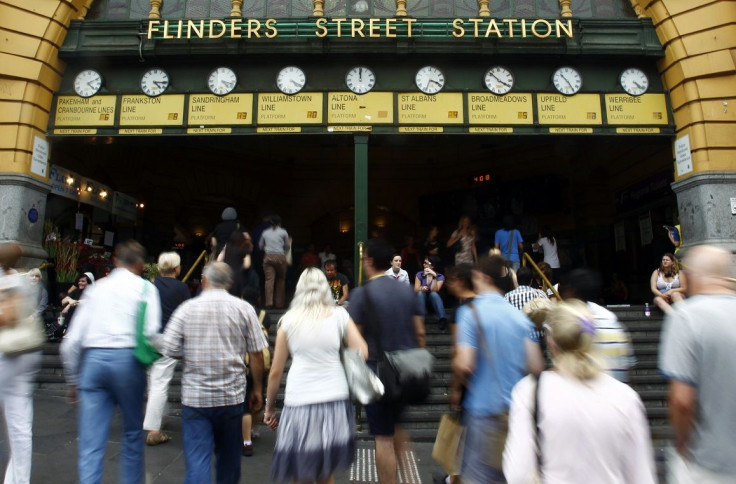Australian consumer confidence rises to over four-year high

The first week of 2018 looked good as far as Australian consumer confidence was concerned, with a rise of more than a four-year high. Aussies are now more confident about their finances and the economy’s current state, new figures suggest.
The headline ANZ-Roy Morgan Consumer Confidence index rose 1.2 percent to 123.5 points, the highest level since October 2013. ANZ Bank’s head of Australian Economics David Plank said the increase in consumer confidence is quite encouraging and is consistent with the positive data on building retail sales.
But while the increase in confidence looks good, there is concern that the improvement was only driven by temporary, one-off factors. According to ANZ, confidence levels do tend to lift in the abrupt aftermath of the holiday period.
But Plank said they have noted a positive seasonal bias to the first reading of 2018 last week. He pointed at the lack of clear seasonal bias in the second week, which suggests that the improvement in confidence in the beginning of 2018 could be more than just an empty resolution.
Last week’s improvement, Plank said, was a reflection of the better sentiment towards current financial and economic conditions along with the outlook for household spending. He noted that the current finances sub-index rose 2.0 percent after a strong 5.8 rise in the week prior.
Sentiment around current economic conditions jumped 1.4 percent. The index has reached its highest value since March 2013.
Whether the recent improvement will be felt in the longer term is yet to be known. Plank said the ABS wage data can possibly determine if the improvement will be sustained further.
Australia's December jobs report will be released on Thursday, January 18. The ABS will release Australia's December quarter wage price index almost one month later.
The February wage data may help determine how consumer confidence plays out. “In our view, persistently low wage growth has acted to constrain rising confidence for some time,” Business Insider Australia reports Plank as saying.
Meanwhile, the Australian dollar was closing in on the 80 cent level. Greg McKenna, Chief Market Strategist at AxiTrader, said that the US dollar selling during a session on Monday was “broad-based and relentless.” McKenna said the fresh bout of US dollar weakness coincided with hawkish remarks from Ardo Hansson, a European Central Bank’s governing council member, along with thin market conditions amid the Martin Luther King Jr Holiday in the United States.





















